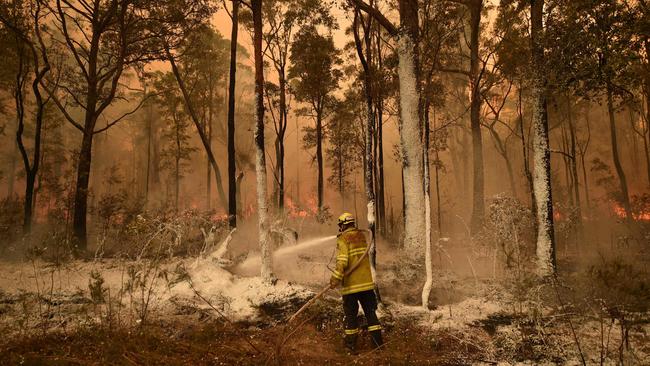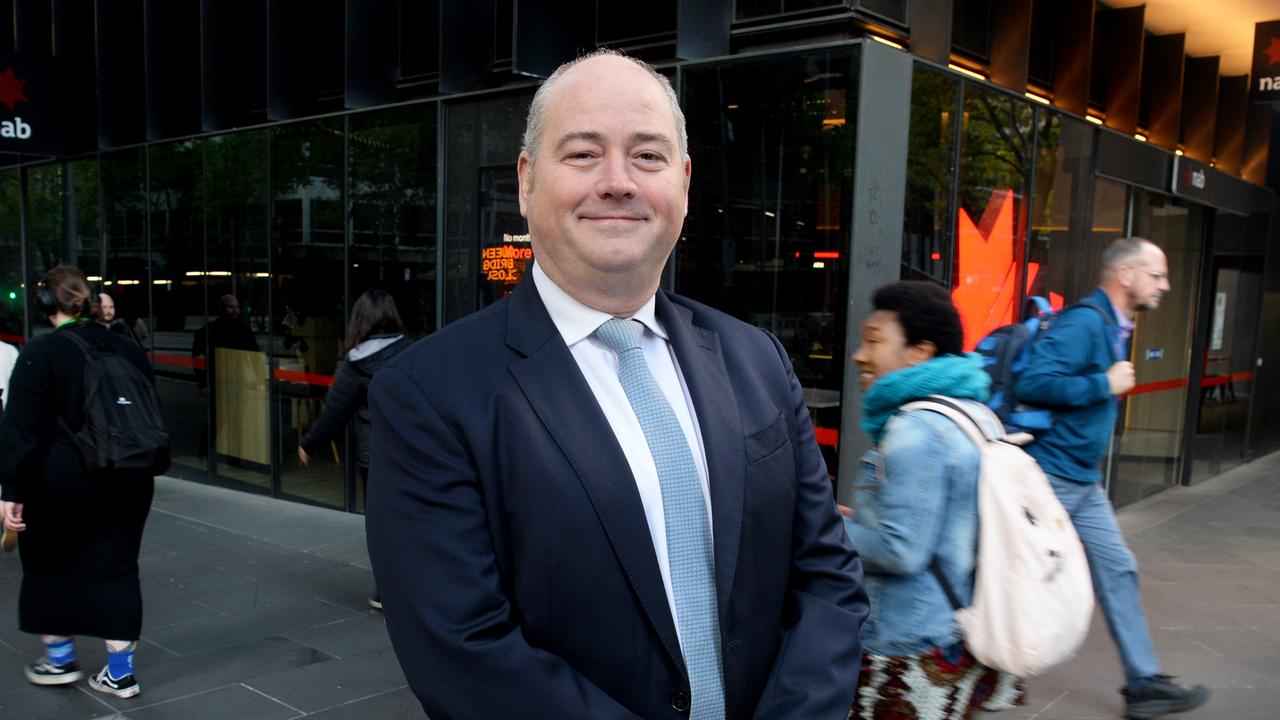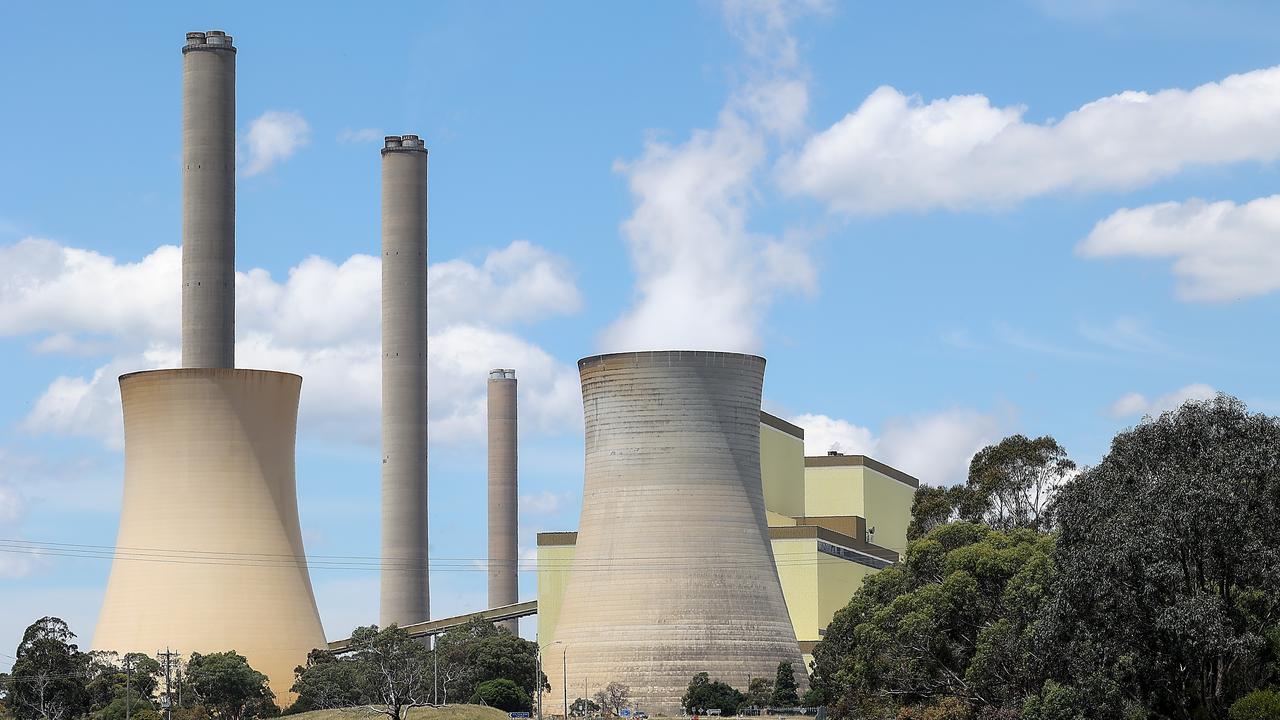Rate cut odds shorten as bushfires take toll on economy
Fresh warnings of significant and widespread damage to the economy from the nation’s bushfire outbreak have emerged.

Fresh warnings of significant and widespread damage to the economy from the nation’s bushfire outbreak have emerged, as the chance of a Reserve Bank interest rate cut next month approached 60 per cent.
A tourist exodus and a slump in farming output would shave 0.1 per cent from economic growth this quarter, according to analysis from Capital Economics, which nevertheless pointed to ways the “fires could boost economic activity”. Capital’s chief Australia economist, Marcel Thieliant, said: “The long duration of the current fire season suggests overseas visitors could shun trips to Australia.
“They almost certainly took a toll on domestic tourism, which dwarfs international tourism in size, as some of the fires are occurring near popular tourist towns on the east coast,” he said in analysis that estimated a 10 per cent drop in tourism spending in NSW and Victoria would cut GDP by about $250m a month.
The chance of a RBA rate cut in February has increased from 38 per cent to almost 60 per cent since the end of last month.
“Odds were already high that the RBA will cut interest rates at its next meeting, in February, to bring the cash rate to 0.5 per cent. The fires increase these odds,” said Katrina Ell, an economist at Moody’s Analytics.
In separate analysis released on Wednesday, she declared the likely impact on the economy “severe”, especially for agriculture, tourism, household spending and worker productivity: “The risk of adverse spillovers to the broader economy are high given the scale of the fires as well as it being still early in the bushfire season.”
The warnings follow the announcement by the federal government that it would provide $2bn in assistance to those affected by fires that have burned 6.5 million hectares, killed 25 people and destroyed about 1800 homes.
Mr Thieliant said thick smoke over Sydney might have kept shoppers at home. “And poor visibility may have discouraged commuters from going to work, which would reduce output across a wide range of sectors,” he added.
Extra hours worked by fire fighters and the need to build homes could increase economic activity, he noted. “The number of homes destroyed has all but reached the record set during the Black Saturday fire,” he said.
The natural disaster would wipe 0.3 per cent from economic growth from the final quarter of last year and the first of 2020, analysis from Goldman Sachs released this week suggested.
“The unprecedented physical scale of the current bushfires could amplify the headwinds to growth via smoke haze around population centres not directly impacted by the fires, while on the other hand, the government’s deployment of military assets could provide a larger-than-expected boost to government consumption,” Goldman Sachs chief economist Andrew Boak said.
The debate about the short-term economic impact follows reports Australia’s economy is one of the worst positioned to deal with climate change, coming in the top 10 based on analysis of 52 nations.
A report by Citi last year said Australia was “highly vulnerable to climate change and transition risk”, owing to “high levels of native emissions, intense use of electricity produced from fossil fuels, and exposure to coal exports”.




To join the conversation, please log in. Don't have an account? Register
Join the conversation, you are commenting as Logout